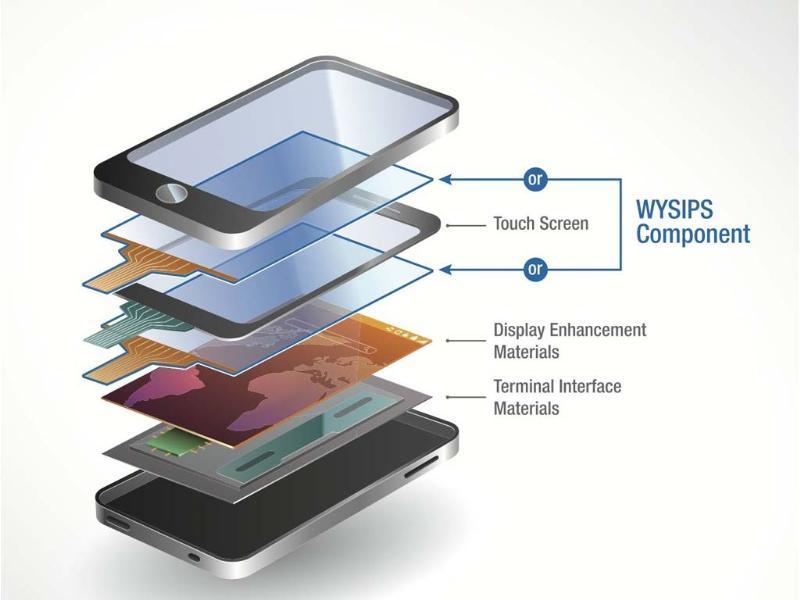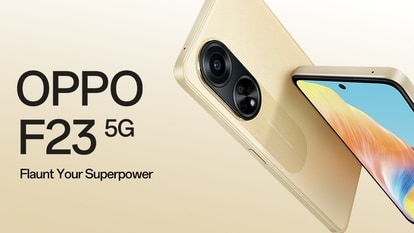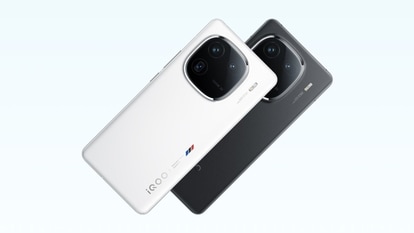Transparent film uses light to power phone batteries
A transparent film that costs just one euro ($1.30) to make could bring an end to the anguish of mobile phone users facing the dreaded dead-battery message.


A transparent film that costs just one euro ($1.30) to make could bring an end to the anguish of mobile phone users facing the dreaded dead-battery message.
Wysips, a startup based in Aix-en-Provence, southern France, has developed a photovoltaic film which can be built seamlessly into a mobile phone screen and deliver the joy of life to a flat battery.
At the world's biggest mobile fair in Barcelona, Spain, the gadget was luring interest from handset manufacturers and its inventors said they hoped the first mobiles equipped with the Wysips film will be in stores by the end of this year.
Wysips chief executive Ludovic Deblois showed off a prototype of a smartphone equipped with the film at the Mobile World Congress. By just shining a torch on its screen, the mobile's battery icon showed that it had started to recharge.
'With 10 minutes in the sun you will be able to communicate for two minutes. To recharge completely you will have to expose it for six hours, so our technology is not necessarily for a full recharge but rather for an energy boost for specific applications,' Deblois said.
'For example, for security if you have to make an emergency call. So if you arrive at the airport and you have your boarding pass on the mobile you can't have a telephone that runs out of battery so you can just put it in the light and recharge it.'
Similarly, the film can get mobile phone users out of a fix when batteries go flat just when the time comes to pay a restaurant bill, or buy a train ticket.
But in developing regions it could be even more important, Deblois said.
'The African continent interests us in terms of market because there are more than 500 million people with a mobile telephone but it is a continent that is only 40 percent electrified, which means people need energy to recharge their telephones,' he said.
'And the usage is not the same so the telephone is exposed much more to the sun, so you could even get to complete autonomy of the telephone in that region.'
Wysips plans to license the technology to handset manufacturers, who would decide the final price to be paid by consumers. The cost of the film, however, is only about one euro per unit, Deblois said.
After three years of research and development, the prototype is complete and a manufacturing line with a capacity of eight million units is being prepared in Aix-en-Provence to start output in April, he said.
The factory is aimed only at proving that the product can be mass produced, however. Wysips expects handset manufacturers to produce the screens themselves, and it hopes the first such phones will be on the market by the end of 2013.
Later, the new factory will be used to produce similar films for other products. 'We are in the midst of developing applications for watches, electronic price tags in supermarkets, and home thermostats,' the company chief said.
'There are plenty of other applications.'
Catch all the Latest Tech News, Mobile News, Laptop News, Gaming news, Wearables News , How To News, also keep up with us on Whatsapp channel,Twitter, Facebook, Google News, and Instagram. For our latest videos, subscribe to our YouTube channel.

























